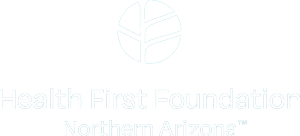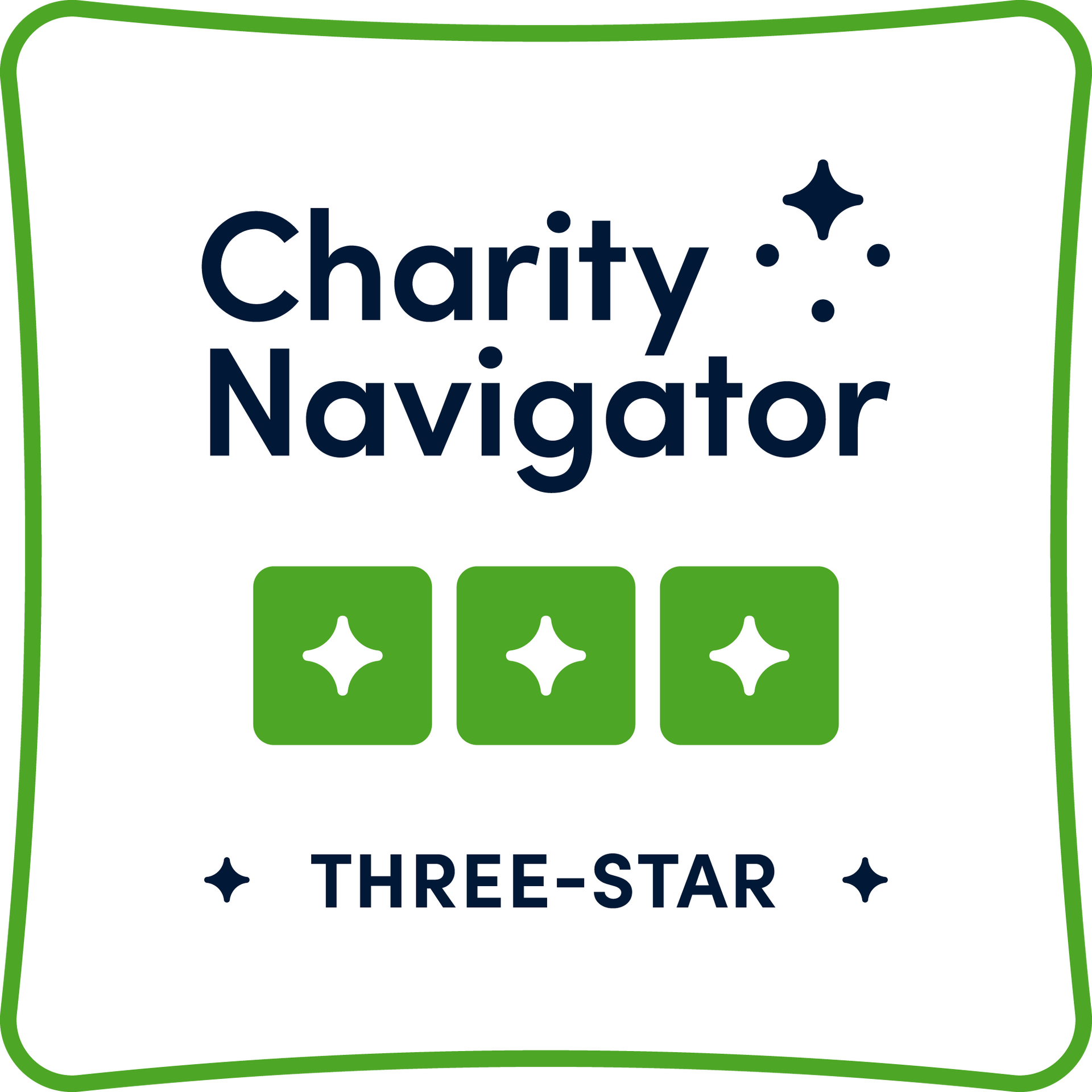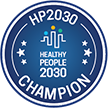Health First Grants Help Advance Health in Remote Community
This is a subtitle for your new post
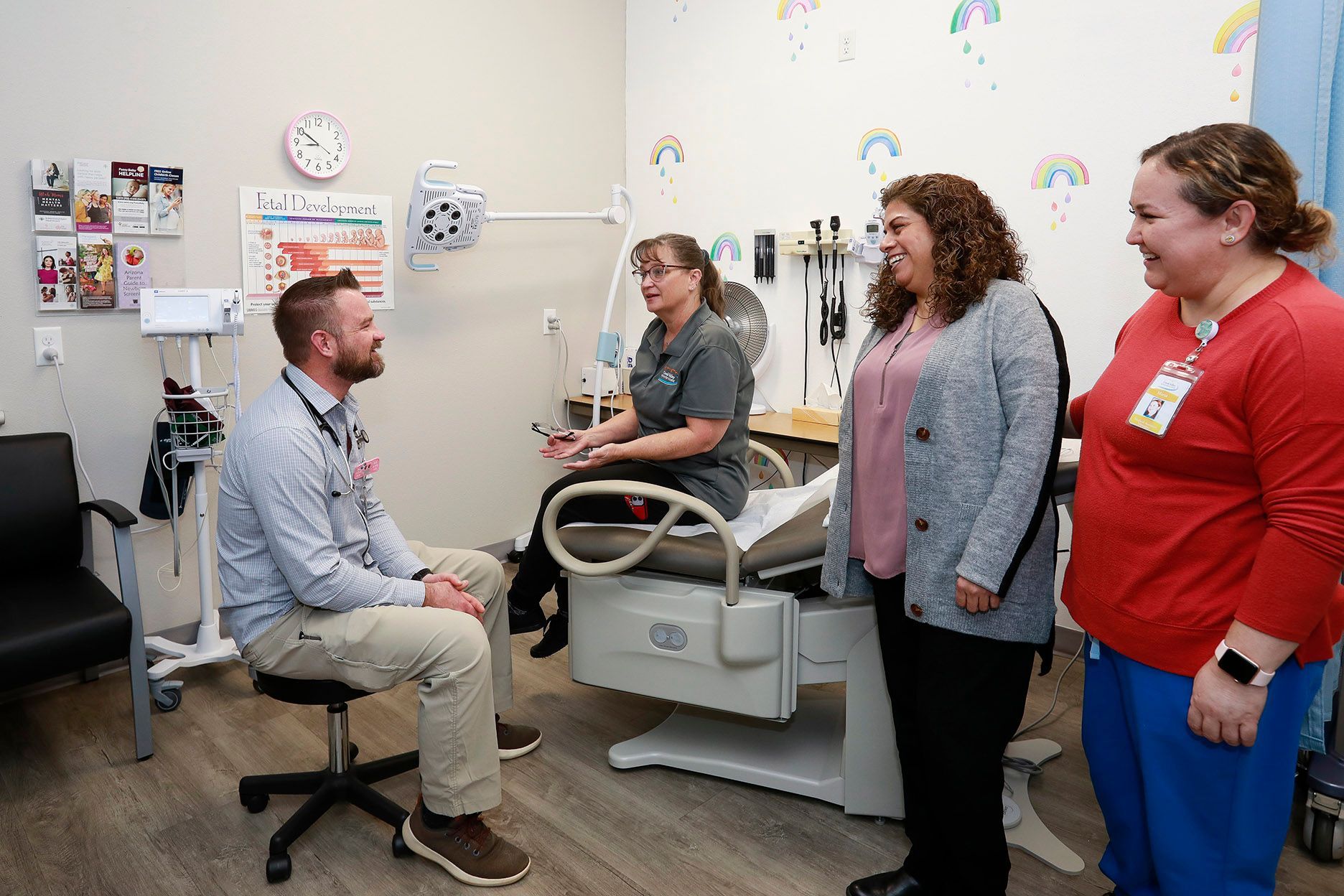
Our physical and mental health are deeply connected. Yet we typically visit one health provider for physical health needs and a separate provider for mental health care. Integrated care brings them together, addressing both in a coordinated way with primary care providers working side-by-side with licensed clinical social workers, psychologists, case managers, psychologists, and health coaches. Because it focusses on the links between physical, emotional, and mental health, integrated care is often referred to as whole-person care.
Supported by Health First Foundation grants, Creek Valley Health Clinic in Colorado City has shown that integrated care improves patient health and contributes to community well-being.
The foundation awarded two Northern Arizona Community Health Grants to help launch the clinic’s integrated care initiative. The aim was to lower high rates of chronic health conditions, depression, and suicide in the underserved remote community of 8,000 residents.
During the two-year grant period, the clinic served more than 1,450 people with integrated care, resulting in a dramatic decrease in depression among patients – from 26% in 2020 to 16% in mid-2021 and 9.6% in mid-2022. The clinic reported that the suicide rate dropped significantly, from 159 in every 100,000 people in 2018 to 20 in every 100,000 people in 2022. At the same time, it recorded patient improvements in diabetes management, obesity, tobacco use reduction, and blood pressure management.
One resident, who received needed emotional support from the program, said it made a difference in her healing and ability to cope.
Julia said multiple health problems left her feeling “overwhelmed, discouraged, and depressed.” Her latest setback was an abscess on her leg that took three surgeries to correct. She was recently diagnosed with adult-onset Type 1 diabetes and is being monitored for a liver transplant because her liver is failing from untreated hepatitis.
“There was just so much going on; I wasn’t sure I could handle it all,” said the working mother.
After the surgeries on her leg, Julia went to the Creek Valley clinic multiple times a week for wound care.
“Whenever I went in for a visit, a counselor would come to sit with me and offer help,” she said. “He really helped me with my anxiety. I was so anxious and worried, which really is counterproductive to healing.”
The Creek Valley provider gave her several tips and tools to help relieve her anxiety. Those exercises made Julia feel calmer and were vital to keeping her “brain straight” with everything going on.
“I’m not the kind of person who would sit down with a therapist and throw out all my problems,” she admitted. “But this was a safe place for me. It was the right thing, at the right time, in the right space.”
Health First Foundation grant funding supports accessible and affordable holistic care that treats the whole person – mind, body, and spirit. The foundation believes the integration of physical and mental health care can facilitate improved health and well-being.
Based on a sliding-fee scale, Creek Valley Health Clinic has some of the lowest patient costs in Arizona for behavioral health care and relies on grants and donations to ensure that services are affordable to all.
“Having the medical and behavioral health professionals work hand-in-hand to provide treatment to patients has been incredibly effective and has made a large impact in the health of our overall community,” said the clinic’s CEO Hunter Adams. “Hundreds of patients have been impacted by this program, and there is no doubt that some lives have been saved.”
Health First Foundation relies on donors to help advance health in northern Arizona communities. Please consider giving to support our Northern Arizona Community Health Grant program.
(The name of the patient quoted in this article has been changed to protect the patient’s privacy.)
Stories

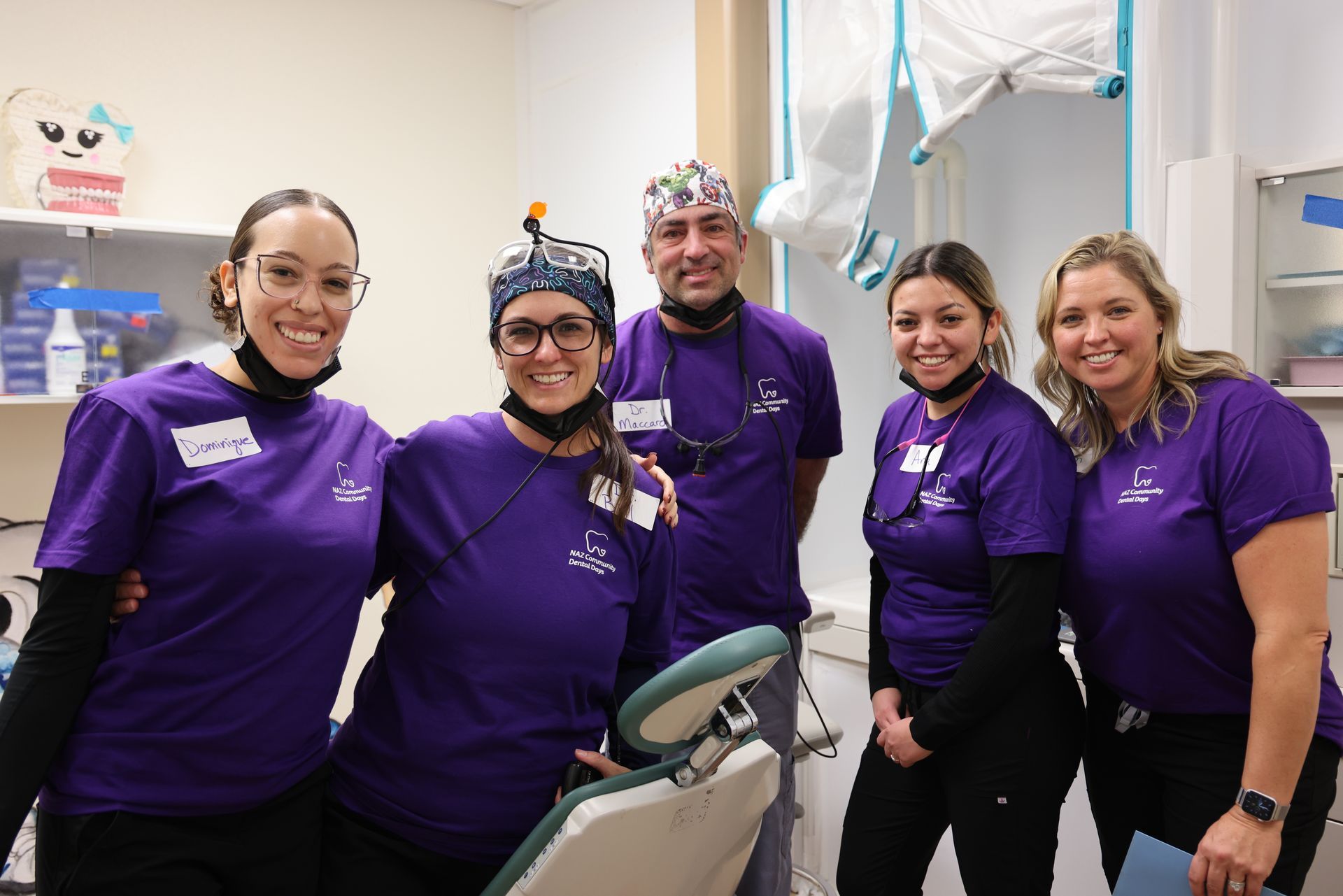


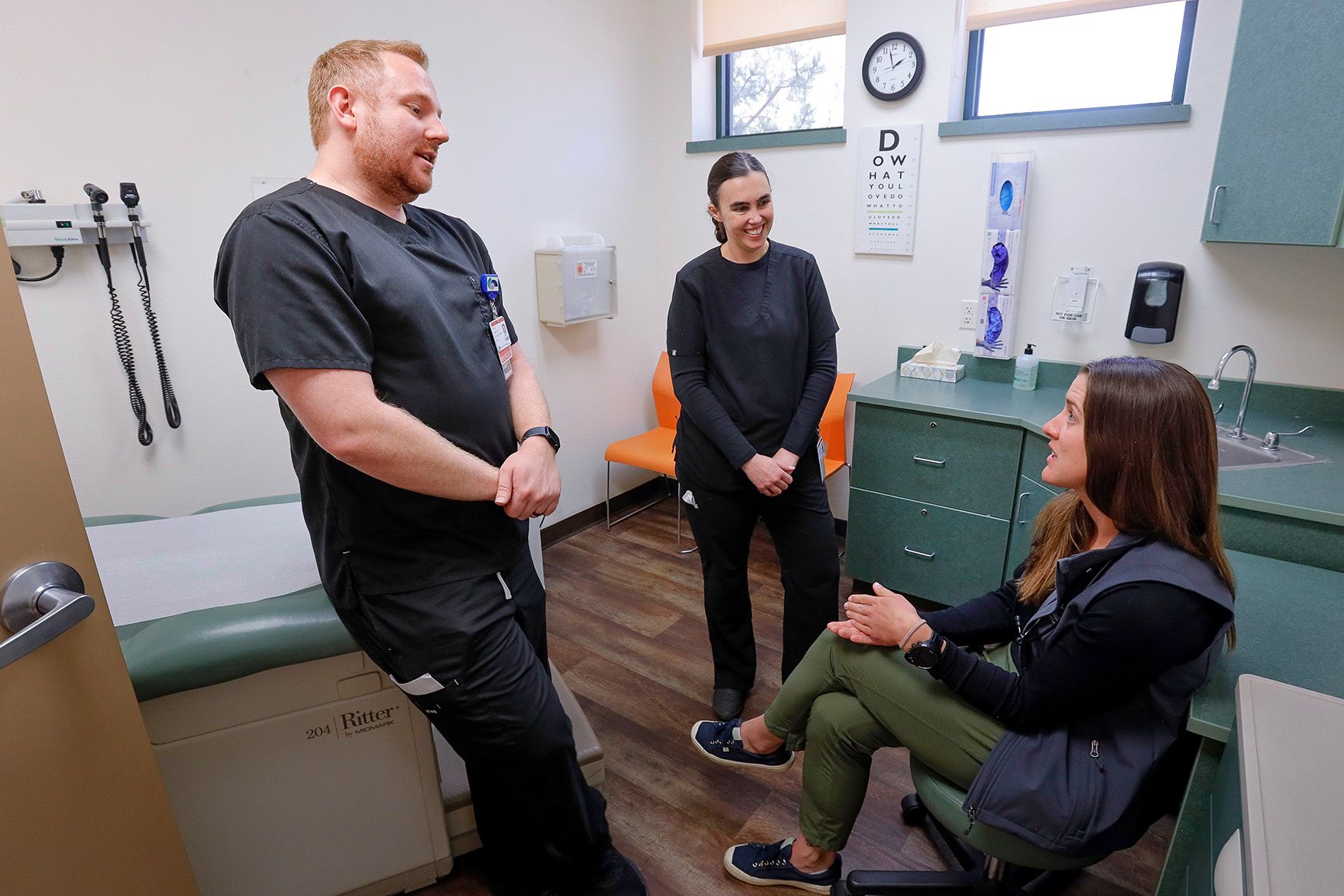

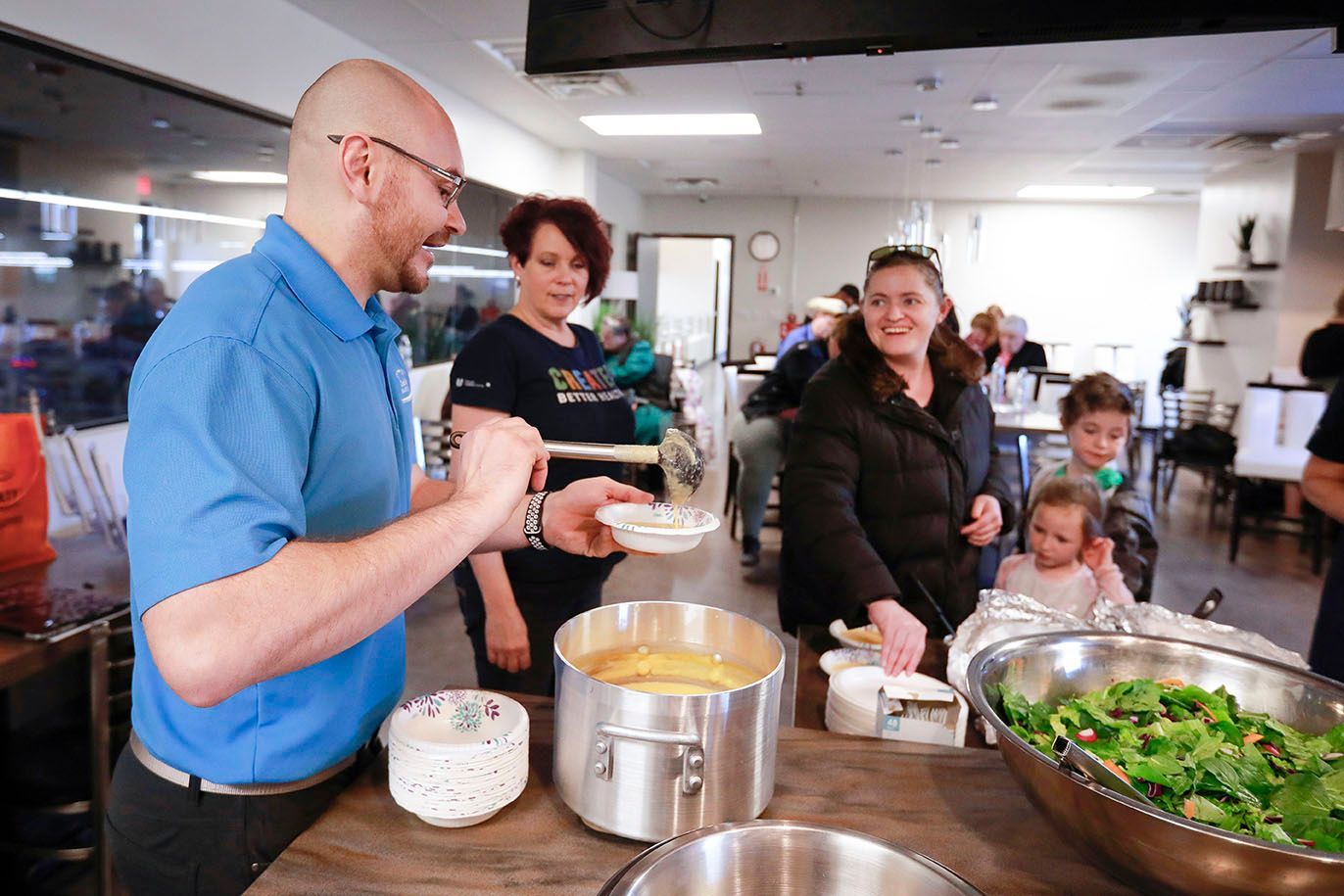
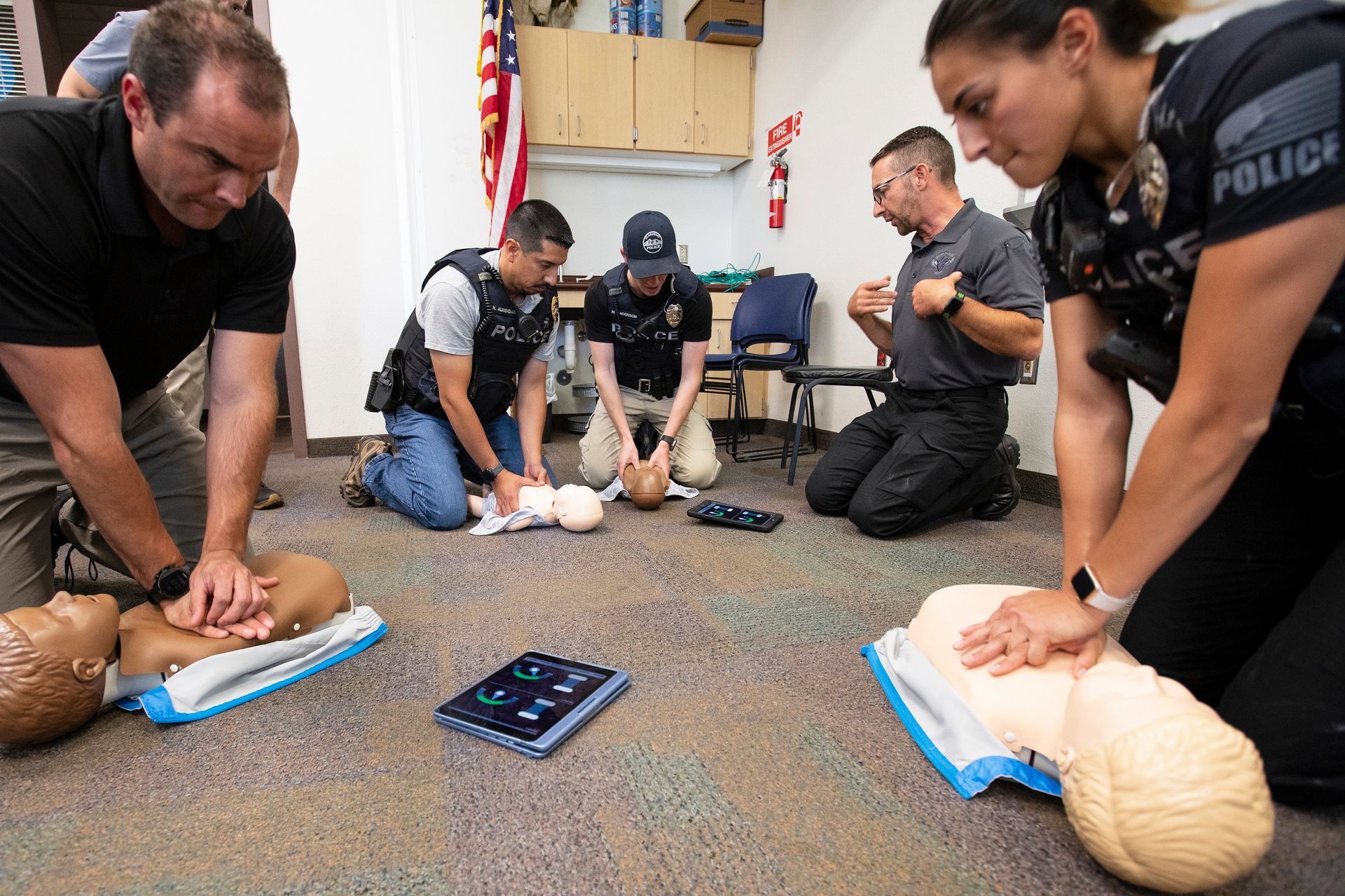
Mailing Address
PO Box 1832
Flagstaff AZ 86002


